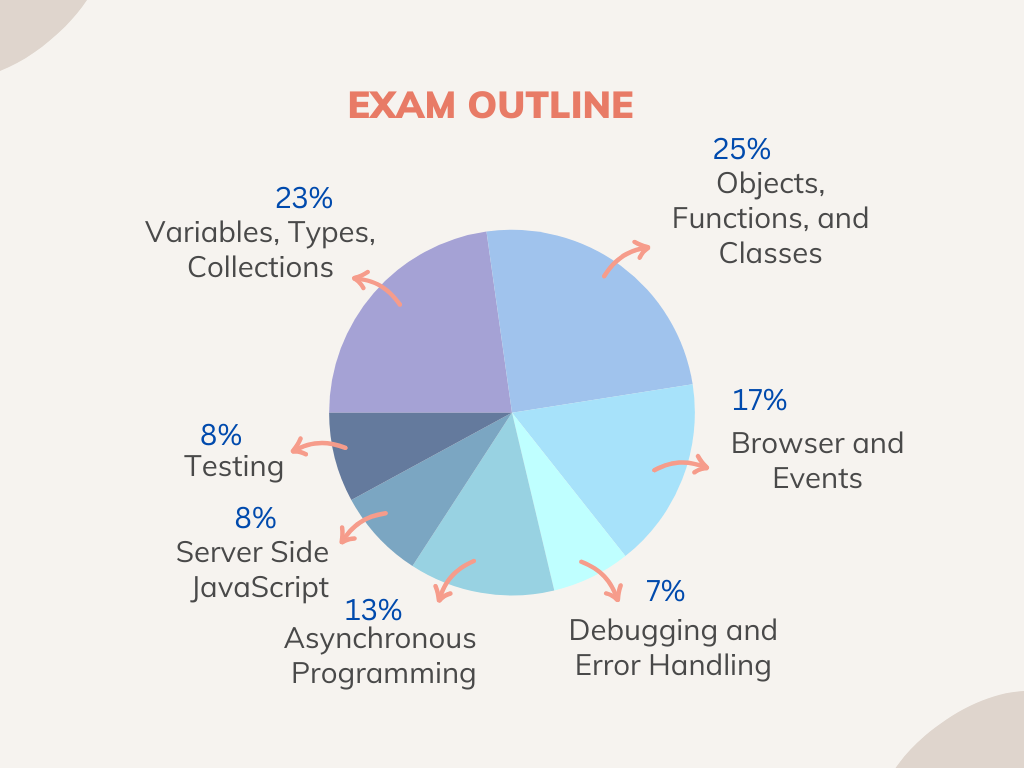
JavaScript Developer Certification Guide and Tips
The JavaScript Developer I exam targets individuals with expertise in developing front-end and/or back-end JavaScript applications for the web stack. These skills are adaptable to various frameworks and are not restricted to mobile or device-specific platforms. Let’s explore to JavaScript Developer Certification Guide and Tips.
What’s noteworthy about this certification is that it’s the inaugural platform-agnostic exam, assessing knowledge beyond Salesforce platform tools. Additionally, there are no prerequisite certifications required for this exam.

Exam Topics
The examination will assess your understanding of:
- Variable, Types, and Collections
- Objects, Functions, and Classes
- Browser and Events
- Debugging and Error Handling
- Asynchoronous Programming
- Server Side JavaScript
- Testing
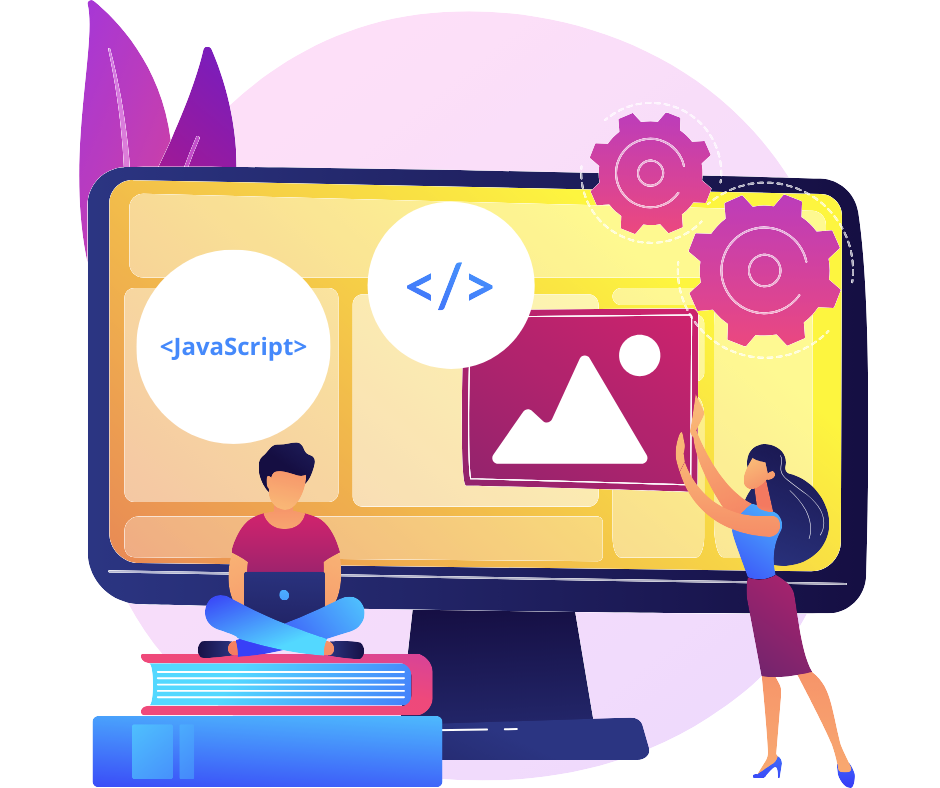
Who is the optimal candidate?
For this examination, there are two primary categories of candidates who stand to gain the most by pursuing this certification:
- Web developers seeking entry into the Salesforce ecosystem.
- Salesforce developers aiming to enhance and validate their foundational JavaScript and other web technology competencies (such as Node.js).
As Salesforce continues its support for and integration of open-source technologies like Lightning Web Components, alongside its involvement with ECMA TC39 for JavaScript standardization, the aim is to attract more developers to the Salesforce ecosystem.
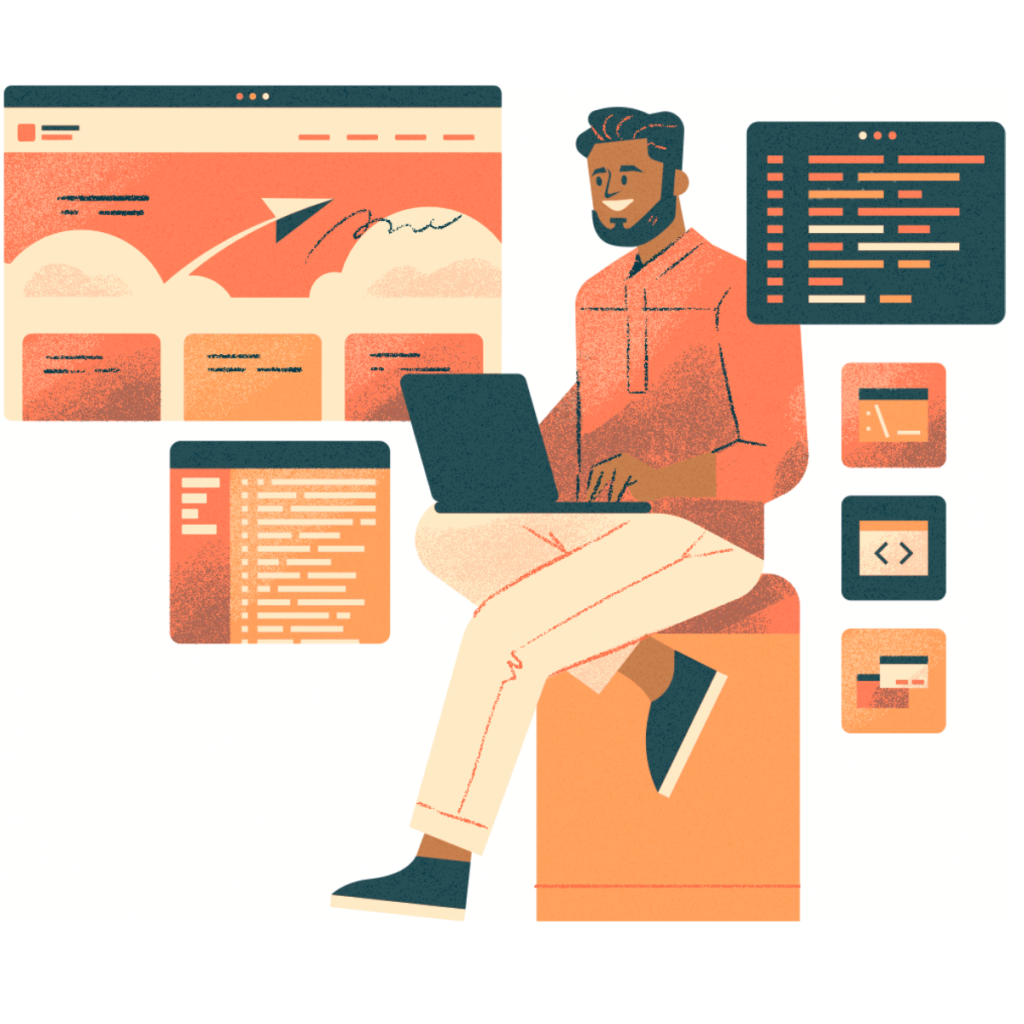
For current Salesforce developers, this presents an excellent opportunity to bolster and refine core JavaScript skills while gaining deeper insights into the language driving web development.
It’s crucial to note that this examination delves deeply into JavaScript fundamentals, testing not only coding proficiency but also code reading, analysis, testing, and more. JavaScript Developer Certification Guide and Tips: Although there are no specific questions on Lightning Web Components, familiarity with them can be beneficial for exam preparation.
However, there’s no need to worry! This guide aims to provide clear direction, and you can explore the links below for additional insights and resources that I’ve utilized in preparing for JavaScript Developer Certification Guide and Tips.
Core Subjects
Salesforce Exams consist of various topics, each assigned different weightings. It’s crucial to focus on these weightings as a few sections are likely to constitute the bulk of the exam. Notably, the key topics listed below collectively account for 54%, equivalent to 32 out of 60 questions.
Variables, Types, Collections: 23%
This section is particularly crucial for beginners, as you may already be utilizing these concepts unknowingly while constructing Lightning Web Components (LWC), Aura, or Visualforce components.
JavaScript is renowned for its idiosyncrasies, so it’s essential to grasp the fundamentals, at least to a comfortable level. These concepts serve as your foundational study material, akin to Day One essentials. Understanding them thoroughly from the ground up will benefit both your exam preparation and your daily work tasks.

I’m referring to concepts such as functions, variable scoping, array methods, JSON methods, and truthy and falsy evaluations.
- Given a scenario, demonstrate the ability to correctly create and initialize variables.
- When presented with a business requirement, effectively utilize strings, numbers, and dates.
- In response to a scenario or example, exhibit an understanding of type coercion and its implications.
- Based on a specific scenario, differentiate between truthy and falsy evaluations.
- Manipulate data within arrays when presented with a list of data.
- Operate on JSON objects in response to a JSON response or scenario.
Objects, Functions, and Classes: 25%
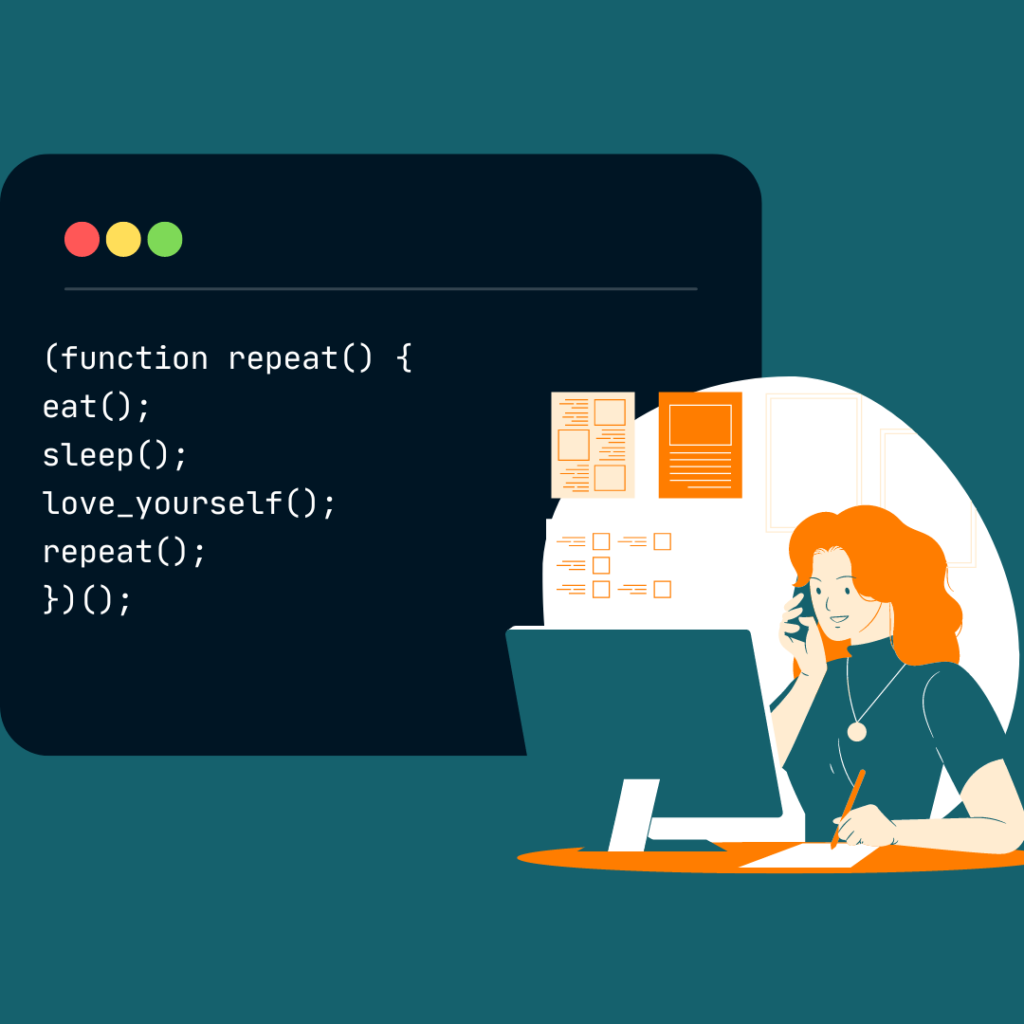
Who says JavaScript can’t embrace object-oriented programming? Despite the potential complexities, it’s essential to grasp key concepts such as prototypes and high-level flow control. Prepare yourself to delve into deeper topics like the “this” keyword, block scoping, constructors, and Object methods.
- When faced with a business requirement, identify the most suitable function implementation.
- When presented with a business requirement, apply fundamental object implementation concepts to address it effectively.
- When confronted with a business requirement, utilize fundamental class implementation principles to resolve it.
- Given a JavaScript module, provide examples illustrating how to utilize it effectively.
- Given a JavaScript decorator, offer examples demonstrating its usage.
- Analyze variable scope and execution flow within a code block when provided with one.
Browser and Events 17%
Your browser’s developer tools serve as invaluable assets for this section! Experiment with DOM elements and engage in practice sessions using online sandboxes. I suggest gaining proficiency in managing events, utilizing browser APIs, and comprehending their potential synergies.
- When presented with a business requirement, employ Events, event handlers, and propagation as necessary.
- Address business requirements by evaluating and manipulating the DOM.
- Investigate code behavior using Browser Dev Tools in response to given scenarios.
- Apply browser-specific APIs to meet scenario-based requirements effectively.
Debugging and Error Handling: 7%

Beyond just console.log(), your browser’s developer tools offer a plethora of functionalities. Utilize features like the debugger keyword and explore various methods to display data in your log statements. Did you know you can gauge the performance of functions using console methods?
- When faced with a scenario involving errors, ensure they are handled appropriately.
- Debug code effectively by utilizing the console and breakpoints provided.
Asynchronous Programming: 13%
Mastering async/await and promises is one aspect, but understanding their distinctions and deploying them appropriately is another challenge altogether. In my experience, this section proved challenging, particularly for those who lack a clear understanding of JavaScript’s order of execution and related concepts such as the Event Loop and Callstack.

- Apply concepts of asynchronous programming in response to given scenarios.
- Utilize the event loop and event monitor, or deduce loop outcomes, based on provided scenarios.
Server Side JavaScript: 8%
This section focuses on the utilization of tools like Node.js in conjunction with npm. Anticipate encountering both open-ended inquiries about the functionalities of these technologies and command-line interface (CLI) code snippets.
- Based on a given scenario and requirements, determine which Node.js implementation is an appropriate solution.
- Given a scenario and requirements, discern which Node.js CLI command serves as an optimal solution.
- Familiarize yourself with the core Node.js modules, and when provided with requirements, ascertain which Node.js library or framework is the most suitable solution.
- When presented with a scenario and requirements, identify the most appropriate Node.js Package Management solution.
Testing: 8%

This segment revolves around, as you might have guessed, testing. Ensure comprehension of logical concepts concerning reporting test results and techniques like console.assert().
- Given a code block alongside its corresponding Unit Test, identify areas where the test is ineffective and adjust it to enhance its effectiveness.
Resources
➡️ 120+ Salesforce JavaScript Practice Exam Questions
➡️ Trailhead Exam Guide
🎁 Free 60 Practice Exam Questions
Tips
- Utilize our mock exams to simulate the real testing environment and identify any areas where you may need to enhance your understanding.
- The abundance of online resources might tempt you to stray beyond the exam’s scope. Stay focused on the tested concepts—advice I wish I’d received earlier!
- Refer to the ECMAScript Language Specification if you’re uncertain after encountering various perspectives on JavaScript, particularly on advanced topics.
- Engage with online communities for learning and mentorship, with platforms like Salesforce Stack Exchange or my personal favorite, SFXD.
- Prioritize completing the Superbadge initially, and even explore alternative approaches after successfully overcoming the challenges.
Further
➡️ Salesforce Advanced Admin Certification
➡️ Salesforce Platform Developer 1 Certification
➡️ Salesforce Platform App Builder Certification
➡️ Salesforce Consultant Certification
➡️ Salesforce Administrator Certification
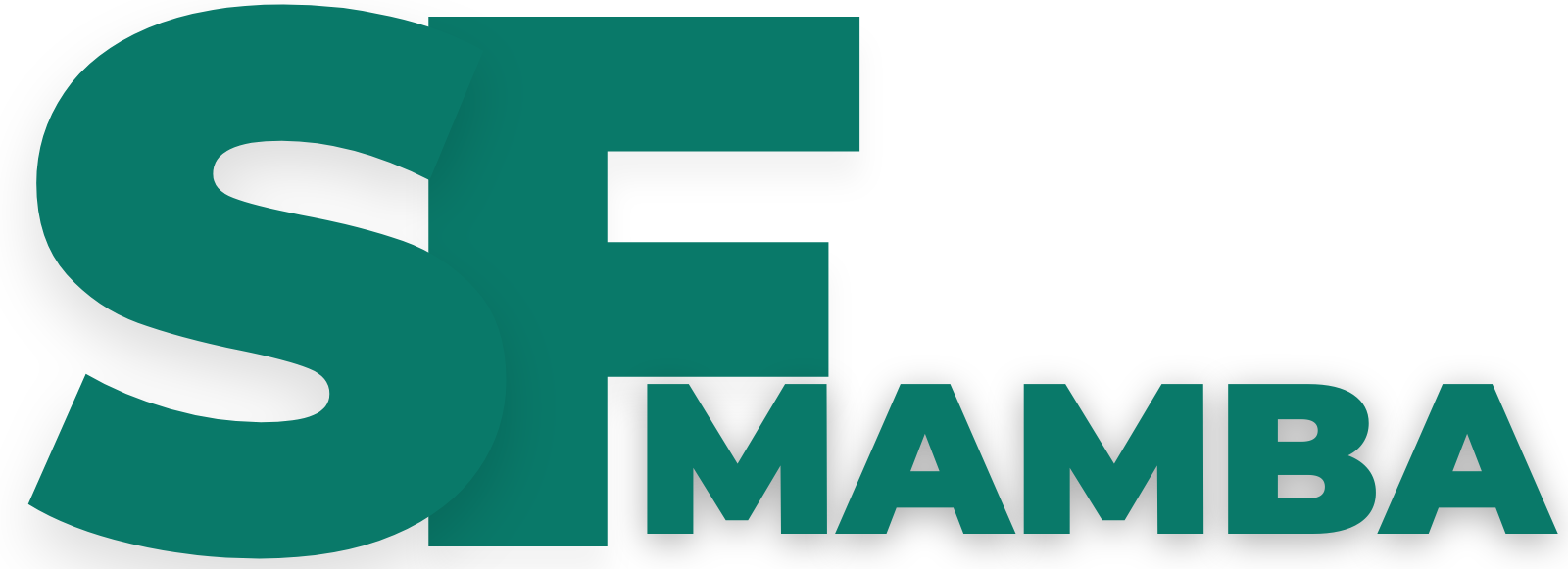

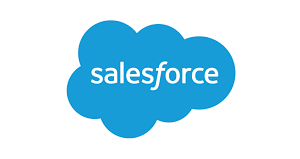
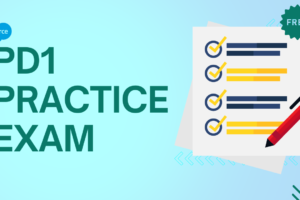
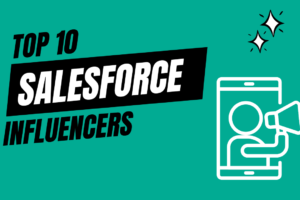
7 Comments